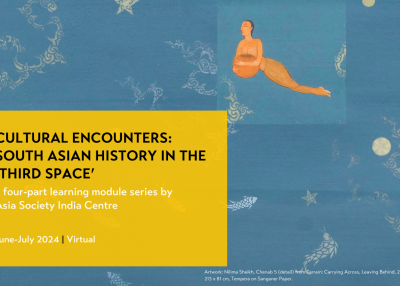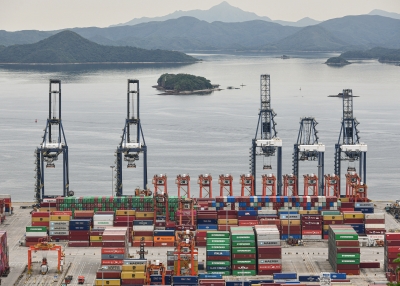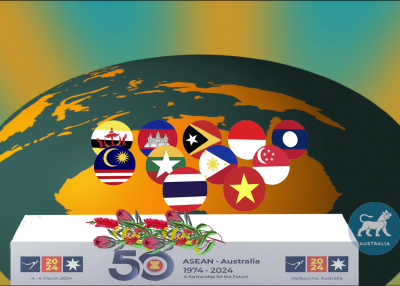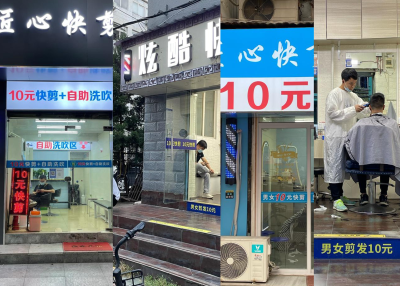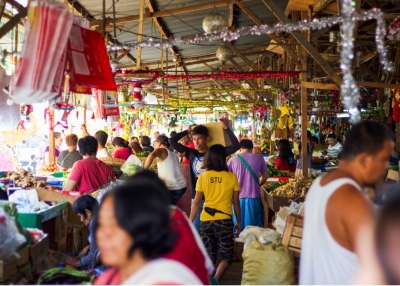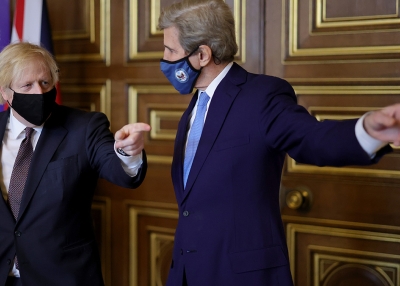Explainer | After the Coup: What’s Next for Myanmar?
Key insights
- The Myanmar coup was well-planned and the military are likely to remain in power for some time
- International response could include sanctions but they will need to be highly-targeted
- Australia would be best placed to cancel their military cooperation with Myanmar but maintain economic support and push for free, democratic elections
Myanmar’s military, the Tatmadaw, has wrenched power from Aung San Suu Kyi’s democratically-elected National League for Democracy (NLD) government, reversing the country’s fragile and incomplete transition to democracy.
The military has relinquished a constitutionally-protected position of privilege in Myanmar for total control.
This dramatic development, following rising tension between the military and the NLD government, is a grievous setback for Myanmar’s people and for democracy more broadly in Southeast Asia.
Dr Melissa Crouch, a close follower of Burmese politics and Professor and Associate Dean of Research at UNSW Faculty of Law, spoke to Asia Society Australia on 2 February about the coup, what happens next and what Australia and other supporters of Myanmar’s democracy should now do.
“Because this coup does appear to be well planned, I think this is going to be the status quo for some time,” says Dr Crouch.
“The military has acted quickly to put in place new structures, it has issued a raft or orders, notifications and announcements, installing a new temporary president, forming a new peace committee, forming a new national deference and security council. It appears [the military] has had all these plans in place, and this is now the governance structure that we’re looking at going forward for the short term.”
The NLD party leaders have been arrested and parliament dissolved. The military has reconstituted the courts and announced, “somewhat bizarrely”, according to Dr Crouch, that there will be a new human rights commission and anti-corruption commission re-established.
“There’s clear popular support for the National League for Democracy and Aung San Suu Kyi,” she notes. “At the moment in the confusion and chaos, opinions are undecided as to what to do next and what is the best strategy for resistance.”
Is the military likely to honour its promise for an election in a year’s time? Dr Crouch suggests it might, but “there’s a big question as to whether they would allow the National League for Democracy to run in an election, and a question of whether the National League for Democracy would be willing to run.”
Dr Crouch suggests the global response to the coup might include highly-targeted sanctions. Yet nations should consider the health and economic impact of COVID-19 on Myanmar’s vulnerable population as they shape their responses to the coup.
Asia Society Australia’s Executive Director of Policy and Senior Fellow at Asia Society Policy Institute, Richard Maude, says the coup offers a significant foreign policy challenge for Australia.
Richard says,
“Australia’s response to the coup must work towards a restoration of democracy while recognising we will have to deal with a new military regime for the foreseeable future. Australia should have three objectives.
First, Australia should seek to ensure the safety of NLD leaders and pro-democracy activists and urge restraint by the junta, including in response to protests.
Second, Australia must demonstrate there is a cost to democratic backsliding. Australia’s small military cooperation program should be scrapped and further sanctions should be considered.
Australia’s direct bilateral interests in Myanmar are relatively modest compared to larger Southeast Asian partners. But cooperation with the Myanmar police to combat the vast flow of illicit drugs from the Golden Triangle region into Australia is vitally important. The extent of further sanctions inevitably will be weighed against this national interest.
Support for economic recovery should continue.
Australia should not assume a firm response to the coup will automatically drive Myanmar into China’s arms. The Myanmar military remains wary of Beijing and has been deeply unhappy with the flow of arms across the Chinese border to ethnic armed groups.
Third, Australia should help corral long-term international pressure to move the new regime back towards elections and democracy. Behind the scenes diplomacy from ASEAN will be essential. So too supporting peaceful activism by ordinary Burmese, who have driven internal pressure for change in the past.
Looking ahead, a longer-term strategy to convince the military to return to the barracks is likely to have to grapple with the junta’s promise of an election. Such an election, if it is held, will only be credible if it is free and fair, all political parties participate, including the NLD, and a peaceful transition of power follows.”
Dr Melissa Crouch is Professor and Associate Dean Research at the Law School, UNSW. She established and runs the Southeast Asia Law & Policy Forum at UNSW Law.
Richard Maude is Executive Director, Policy at Asia Society Australia, and a Senior Fellow at Asia Society Policy Institute.
Asia Society Australia’s Explainer series presents specialists from and on Asia providing expert analysis on the latest news and events to help Australians better understand critical issues affecting the region.

